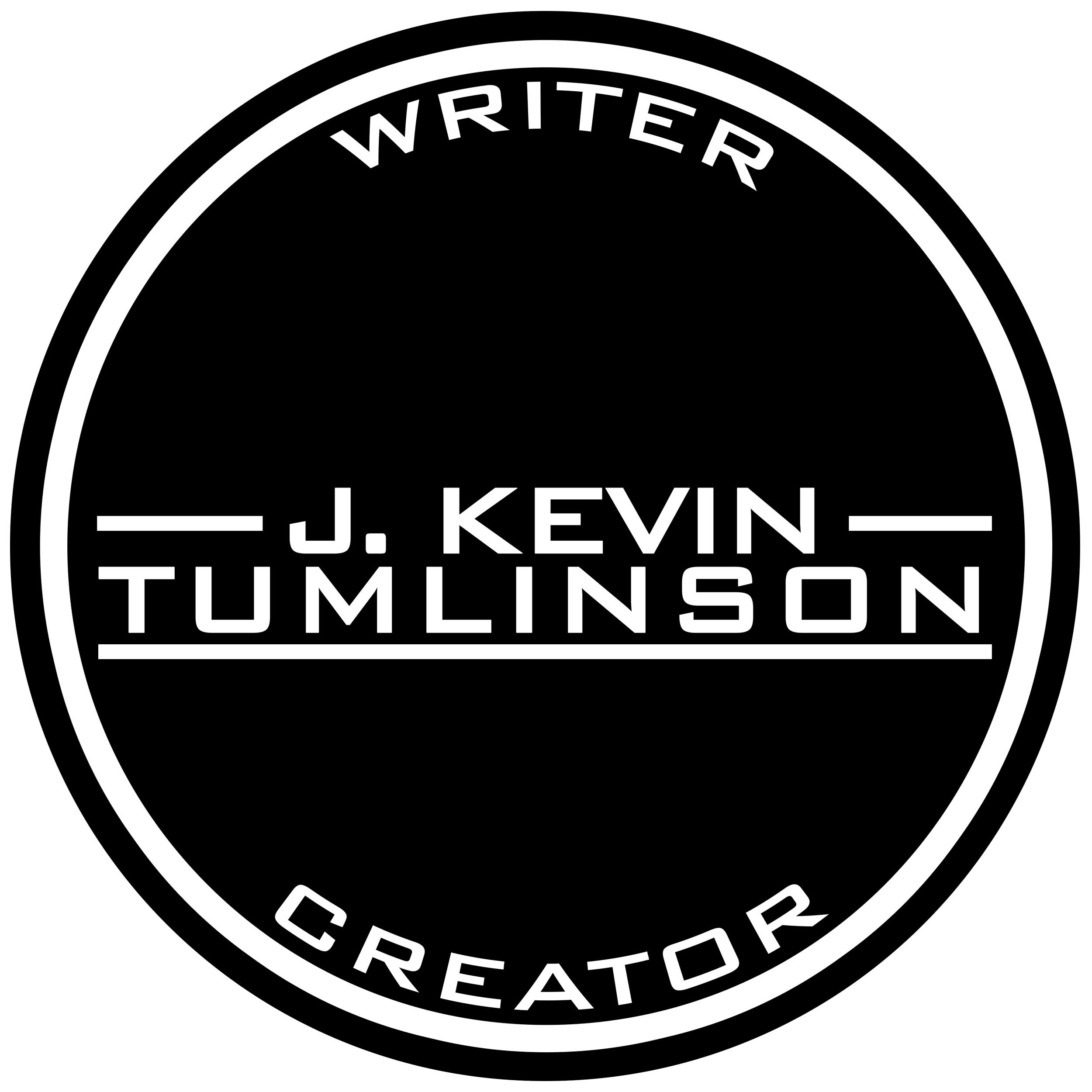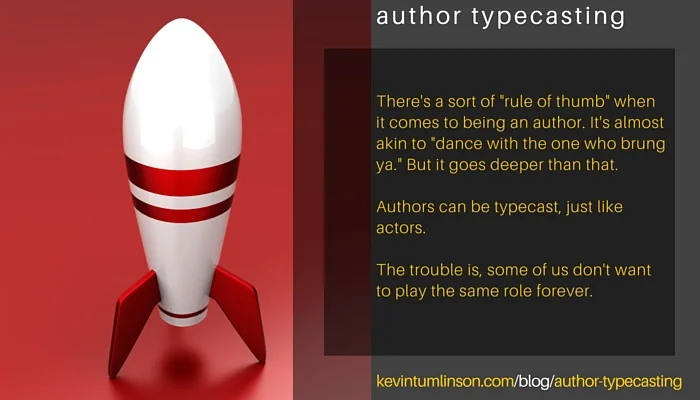Author typecasting
At the moment I'm writing a book that's a bit outside my usual work. It's more like a Dan Brown or James Rollins kind of story—a bit of intrigue, action, and an ancient mystery to solve with repercussions in modern day. I'm calling it The Coelho Medallion, and as I get closer to finishing the first draft I'll do a cover reveal here on the blog.
And I'll be honest—writing this book makes me a little nervous.
Not because I don't think I can handle the material. And not even because it's me stepping out a bit from my SciFi roots. I'm nervous because it's exactly the kind of book I thought I'd write some day, and I really want to get it right.
When I wrote Citadel, I knew I might be typecasting myself a bit. I knew that if I released a purely science fiction book, I might forever be labeled as a science fiction author. And since I love science fiction, and I cut my teeth on books like Ender's Game and Foundation, I was pretty ok with the label. It's a worthy one, after all. I'm in the company of some amazing and culturally influential authors.
But I have to confess ... although I read a lot of science fiction stories, my favorite stories tend to be more "contemporary."
I like contemporary fiction with a twist, actually. I like there to be some element of supernatural or super science, some sprinkling of the fantastic in an otherwise ordinary world. It's the reason I loved Steven Gould's Jumper, and (later) Kevin Hearne's Iron Druid Chronicles. These books are set now, with amazing characters and fantastic events happening in a recognizable and familiar-seeming world.
My favorite!
That's what I set out to create with Evergreen, and I think it was incredibly successful. Jaylin is a modern-day character in a modern-day setting. His abilities set him apart—to the point of isolating him, really. Those are elements I can really work with! I can tell stories about human character and the need for and nature of personal relationships. I can explore what-ifs in a world where the physics are already a given—something that not only saves me time in world building but also gives me a default advantage of credibility on the part of the reader.
Evergreen has been so well received, I knew I was on the right track. My evil scheme was working! MWAHAHAHA!
See, Citadel was a science fiction story set a couple hundred years from today, but if you pay close attention to the characters they could not be more contemporary. Even my principle alien species, the Esool, is only alien because they are somewhat more reserved and conservative than the cultures we're used to. But I purposefully wrote every character so that if I changed the setting to any time or place in history you'd have essentially the same story. Change "alien world" to "deserted island." Replace "Esool" with "Post-colonial African tribal leader," or replace "Lightrail" with "Spanish Carrack." You could turn Citadel into a tale of a shipwrecked crew and colonists, bound for the Americas but finding themselves on an unchartered island, struggling to survive. The race relations, the division between classes, the mad grab for power by an aristocrat with delusions of grandeur—still works.
My next series, Sawyer Jackson, was billed mostly as YA fantasy, but I played a little trick on everyone.
I started the story in contemporary America—essentially in the area of Southern Texas where I grew up, along the Brazos River. But as Sawyer and his family move around using the Knotwork, I revealed the Omniverse—which was my way of connecting Sawyer to everything else I write. I created a bridge for Sawyer to experience fantastic tales, and still end up sitting at a Starbucks at some point.
From there I connected every other story I wrote. In just about everything I've ever published, there's some "thread" (see what I did there?) that connects it back to the Omni. In this way, everything I write is in the same "universe." There's potential for crossover, though I don't have many plans for this. But mostly it's a way to create that bridge for my readers, who can still feel like they're reading the kind of story they came to me for. They can see the pieces connect, by discovering the little Easter Eggs I place in each book.
I do that for them and for me, actually. In the end, I want my own Knotwork, which will contain all the stories I create. They're all woven together for me.
Evergreen, Think Tank, even the novellas—all of them are connected.
Ok, so I say all of that to say this: Coelho Medallion is a different type of story, but it's still connected to my Omniverse. So even though it's more like a Dan Brown book, it has its connections to the other worlds I weave. Without getting into a whole thing about genre division, I'm just going to put it out there that I'm here to write stories I love and that readers love to read. Both of those boxes have to be ticked in order for me to be successful. And so far, I think you're all with me.
I'm a speculative fiction author. That's the closest "type" I can place myself into comfortably. It's kind of a cheat, I know. It's like checking the "Neither/Nor" button on a survey. Noncommittal. But honestly, it's all part of this ongoing commitment I made with myself and to the people who read and love my work—I'm writing stories here, not a genre. I'm going where the stories are, and I'm hoping you're having enough fun to tag along with me.
Coelho Medallion is going to be an amazing book. I already love it. I'm already proud of it. And I honestly can't wait to share it. I'm nervous, because it's different and I want to get it right. But I'm thrilled that it's going to be part of my library.
In other news, if you haven't heard yet I'm giving way three signed copies of Citadel: Omnibus, plus a $50 Amazon gift card! To enter for a chance to win, just click here!
And EVERYONE gets free ebooks out of the deal, so you can't lose! Pass it around to your friends so they can get their free ebooks as well. And good luck!
ENTER TO WIN AT REIGN OF READS


